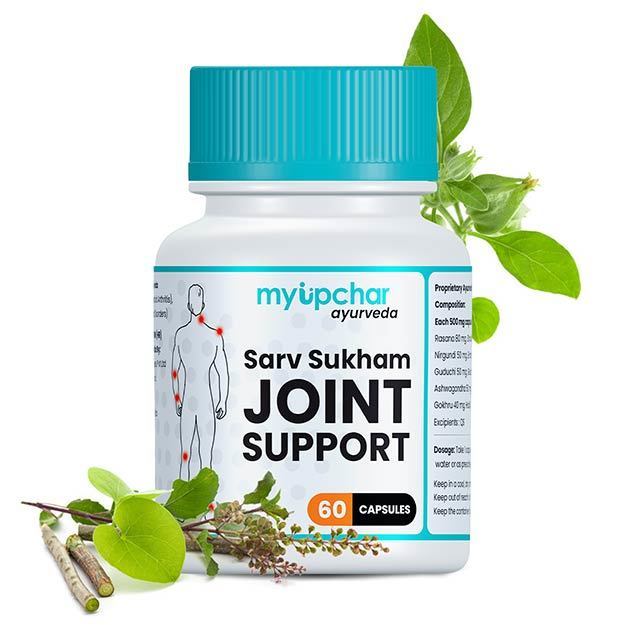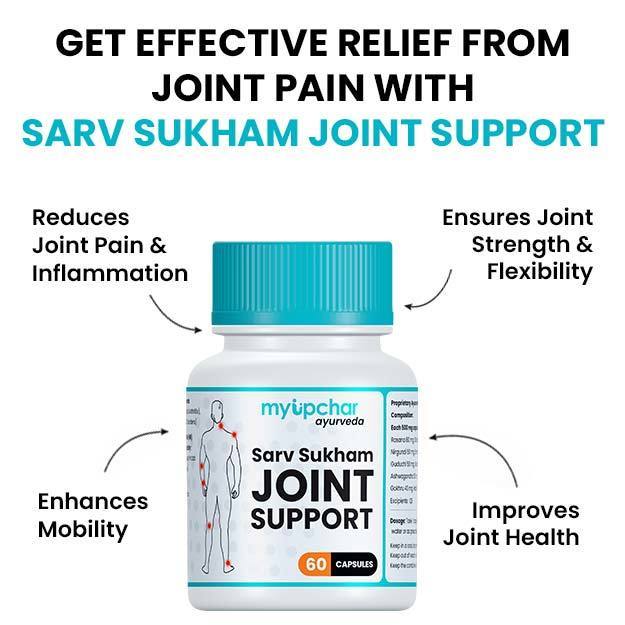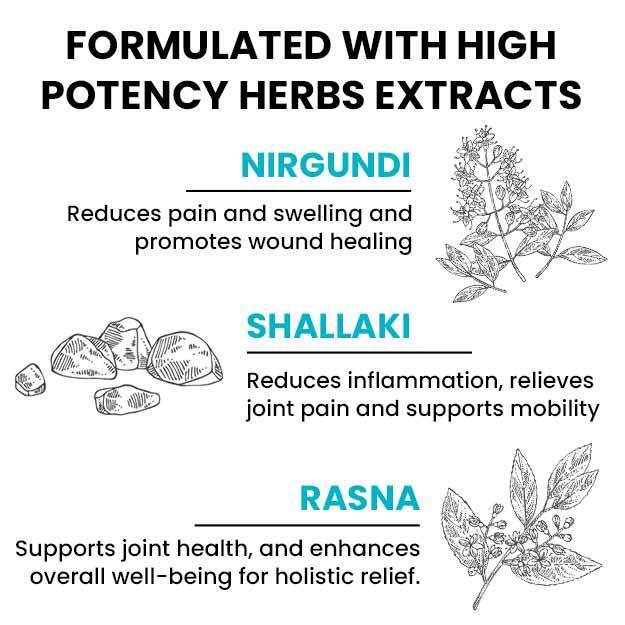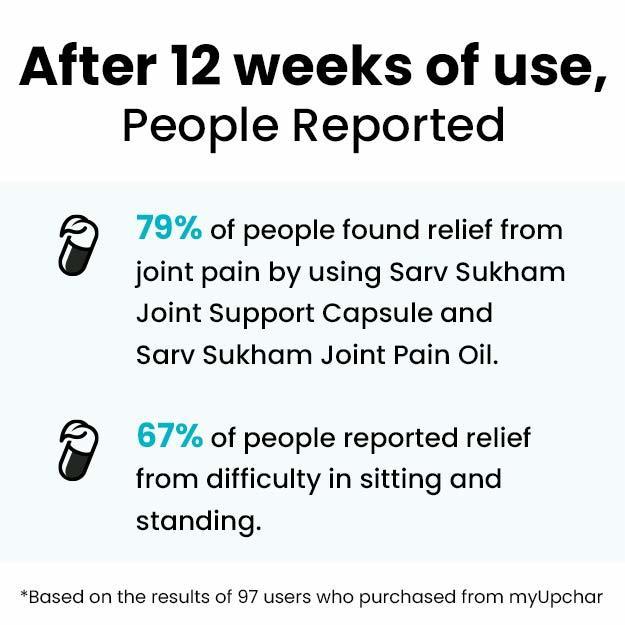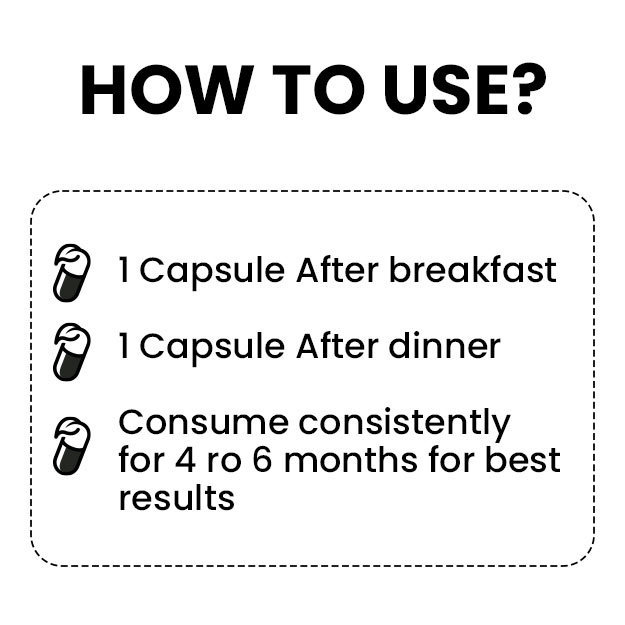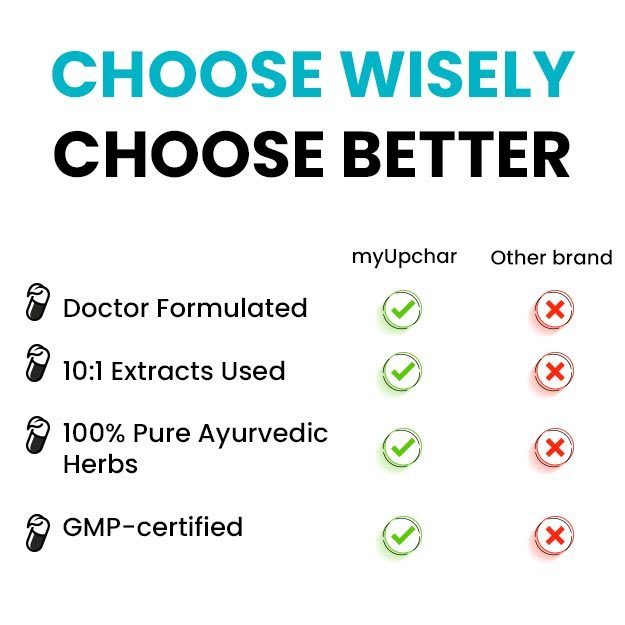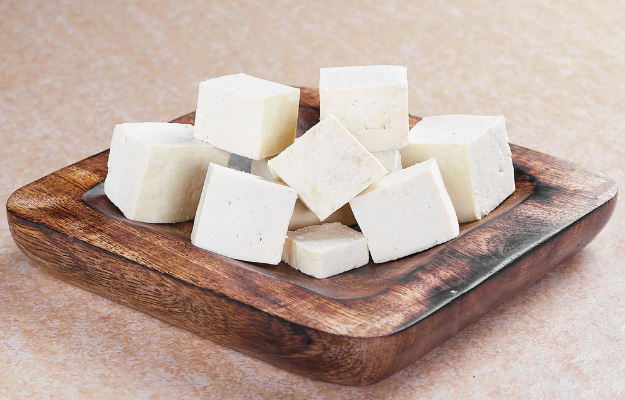Eat or drink enough dairy products and you will have strong bones, a healthy gut and good muscle mass: this is what we are told while growing up. But the nutritional benefits of dairy products like milk, yoghurt and cheese have recently been under the scanner, and now they pose a dilemma more than anything else. Should you have dairy products or not, that is the big question. Here is everything you need to know about dairy products to make an informed choice.
What are dairy products?
Dairy products are basically types of food produced from or containing the milk of mammals, specifically cows, buffaloes, goats, sheep, yaks and camels. Facilities that rear cattle for or manufacture dairy products are called dairies. According to the Food and Agriculture Organisation of the United Nations, 150 million households from across the globe are engaged in dairy production, with smallholders in developing countries making for a large part of this production. Global milk production has increased by 58% between 1987 (522 million tonnes) and 2017 (828 million tonnes).
India is the world’s largest producer of milk with 21% of the global share, followed by the United States of America, China, Pakistan and Brazil. Milk production in the African continent has the slowest growth rate due to poverty and adverse climate conditions. The following are the major types of dairy products consumed throughout the world:
- Milk (full cream, toned, skimmed, low-fat, fortified, etc)
- Yoghurt, Curd
- Butter
- Cheese, Cottage Cheese/Paneer
- Cream
- Custard
- Ice Cream
Takeaway
Milk and other dairy products are high in protein, calcium, vitamins and minerals which your body needs to stay fit and healthy. You need dairy products specifically to build strong bones, teeth and muscle mass, and they can also help you manage your weight better. However, if dairy products are doing you more harm - leading to lactose intolerance or weight gain for example - then it is best to cut them off and depend on plant-based sources of the same nutrients.
X


